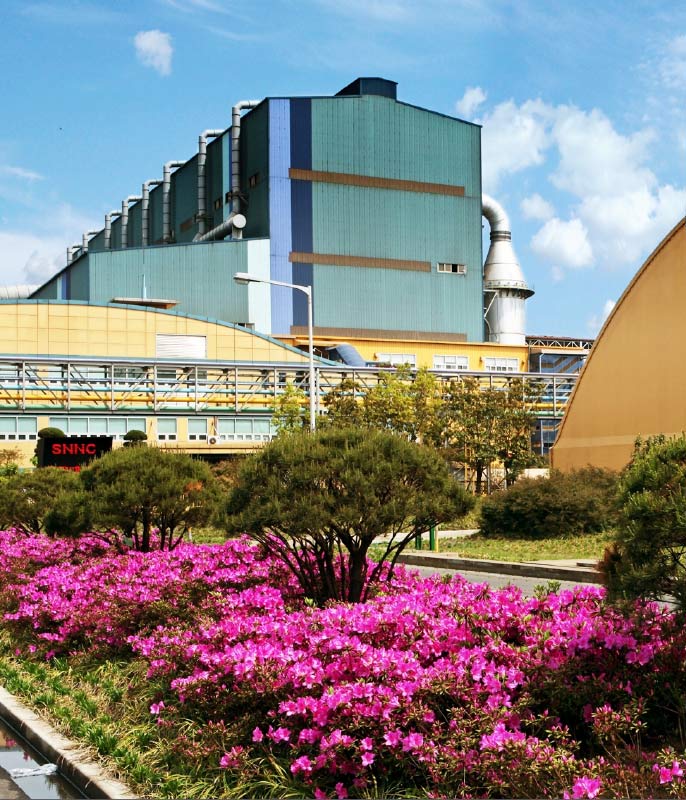SMSP’s strategy is based on the challenge of creating a partnership in the nickel sector between a miner and a steelmaker.
The aim is to eliminate intermediation costs, thereby reducing production costs.
SMSP’s innovation approach to partnerships lies in the financial value it advances for its resource in exchange for majority stakes. In each of the partnerships it has developed, SMSP secures 51% of the added value produced over the entire production line, from mine to metallurgical plant.
SMSP favours investing in New Caledonia when the available mining resources allow. However, when mines have been exploited for nearly half a century, the deposits of rich resources are depleted.
In addition, technological advances mean that lower-grade ores (>1.80% nickel content) can now be considered as an additional source of revenue, provided they are included in a value-adding approach.
This is the challenge of finding new partnerships with plants abroad, i.e. off-shore, that can process this ore. In this way, the processed product, which is more valuable, can bring dividends back to the Territory. It’s a healthy alternative to exporting what is sometimes described as ‘small ore’, which brings little or no return when sold on the market. This is the logic behind the off-shore model promoted by SMSP. This is the case of the Gwangyang Pyrometallurgical Plant in Korea. In this way, SMSP is ensuring the long-term future of its business while generating higher revenues than traditional mining.
With the decision to build a matte unit in Gwangyang in 2022, SMSP is pursuing its vertical integration strategy by making progress in the nickel ore transformation process.
The matte unit will initially process half the ore sent by New Caledonia into matte. The rest of the production remains ferronickel.
An established business that aims to supply the post-nickel era.
